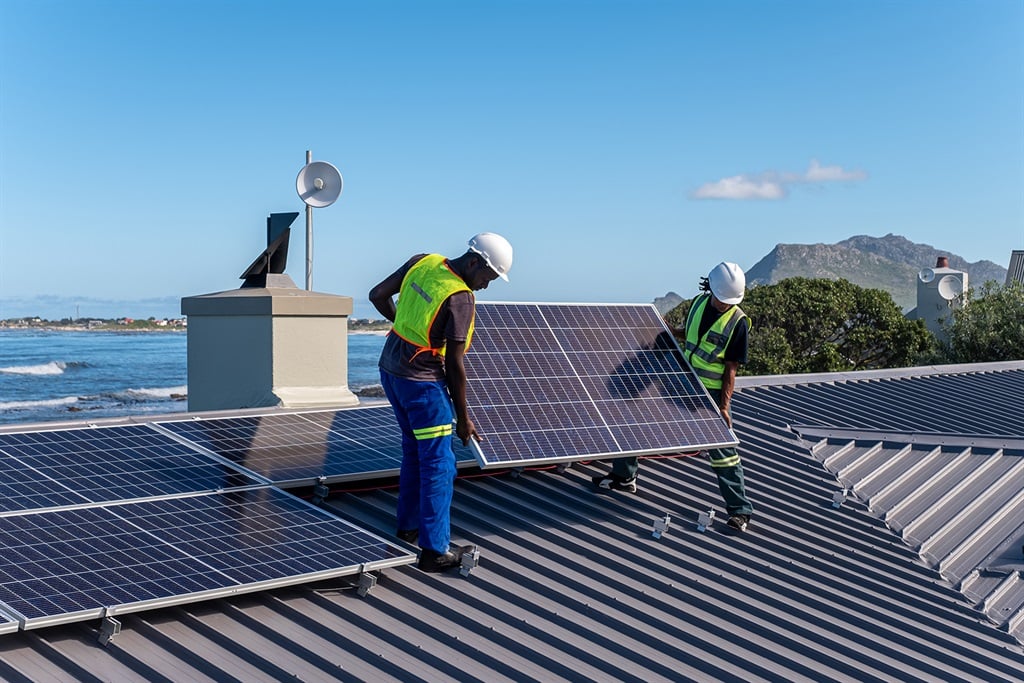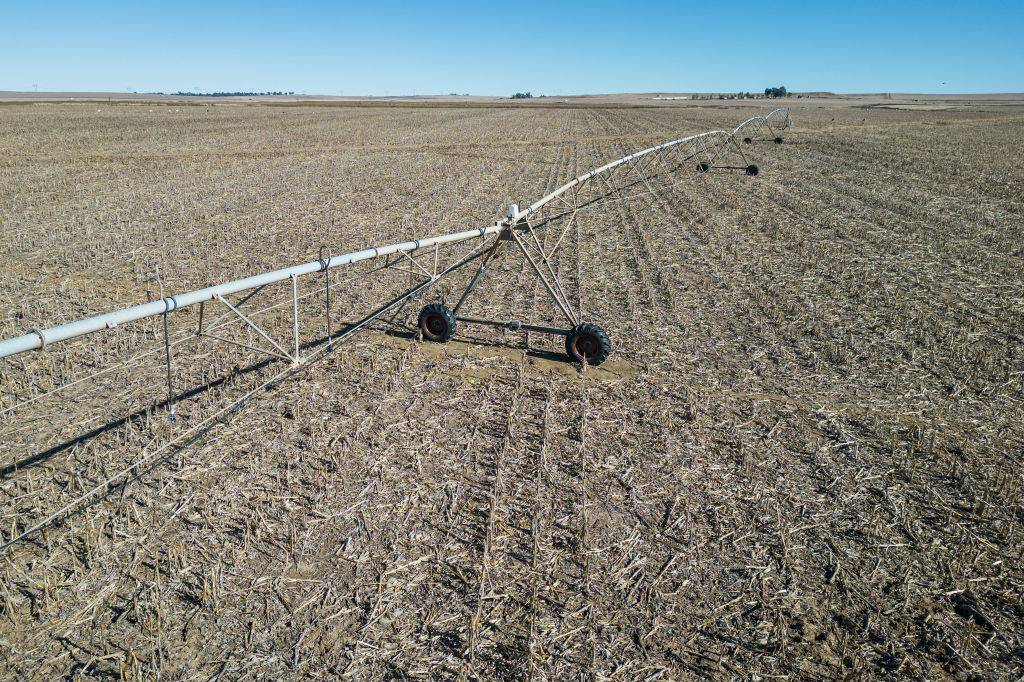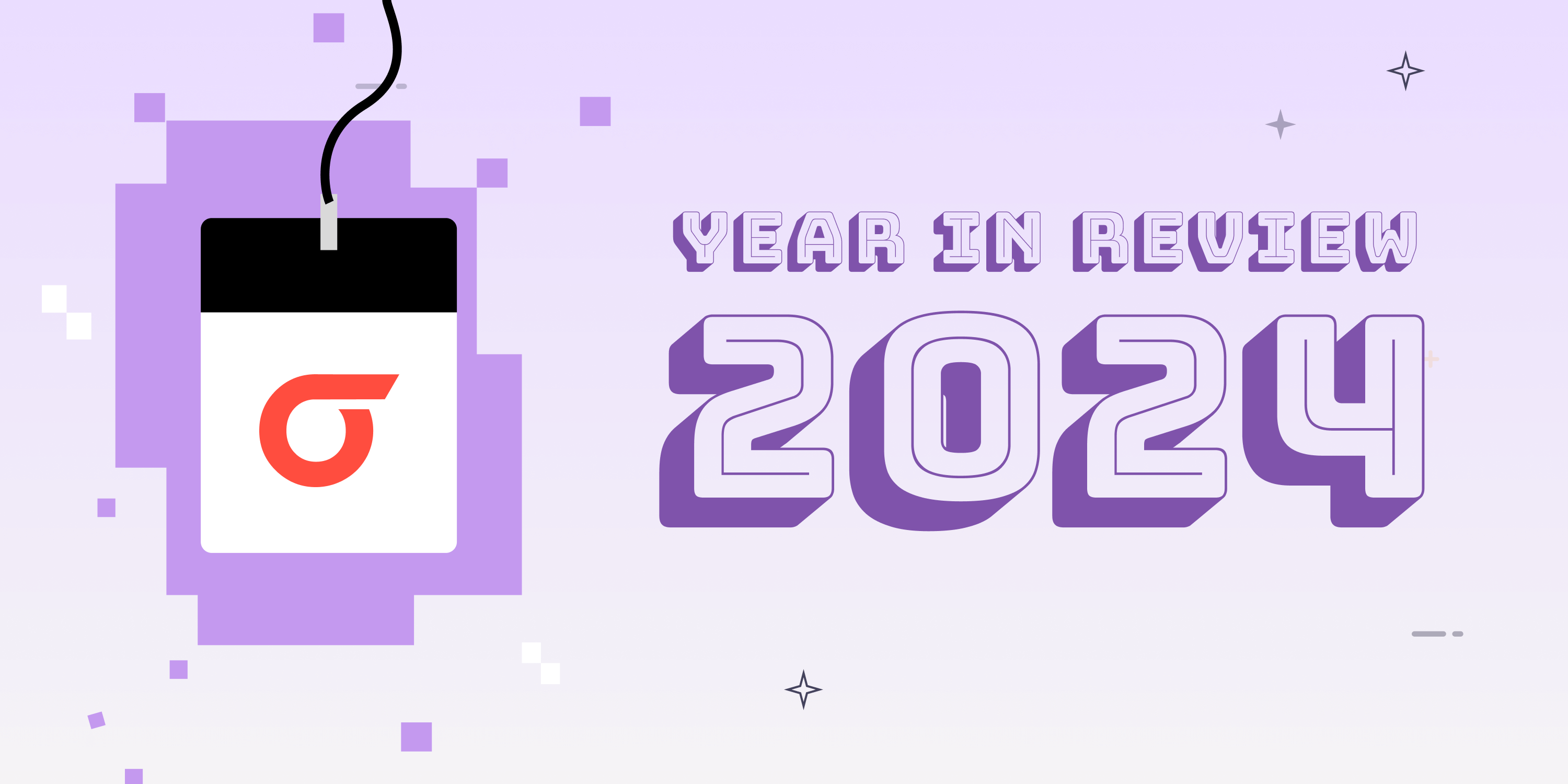BravoScan will conduct inspections on solar PV installations by PV GreenCard companies to ensure compliance with quality standards.
- The solar PV industry is taking extra measures to ensure that installations uphold high-quality standards by introducing independent inspections.
- BravoScan, an approved inspection authority, will conduct quality assurance on installations randomly, but clients can also request them at their own cost.
- The new partnership will complement an existing PV GreenCard programme to ensure safe and quality installations.
- For climate change news and analysis, go to News24 Climate Future.
Consumers worried about poor-quality or noncompliant solar PV installations now have an added layer of protection as the solar industry association is launching independent inspections.
The South African Photovoltaic Industry Association (Sapvia) has partnered with BravoScan, an approved inspection authority, to conduct quality assurance on installations.
This complements Sapvia’s existing PV GreenCard programme, which aims to ensure quality and safety standards are maintained by solar PV installers.
All companies that are PV GreenCard accredited have to be registered electrical contractors with the Department of Employment and Labour (DoEL) and must employ an individual who successfully completed a PV GreenCard training and assessment process – at an approved assessment centre.
“At its core, the PV GreenCard programme is a private sector-led, safety, and quality assurance initiative with a strong focus on skills development,” said Dr Rethabile Melamu, CEO of SAPVIA.
READ | SA imported an entire Eskom power station’s worth of solar panels – in just 6 months
Being a PV GreenCard holder is a voluntary initiative – which means those represented on the Sapvia database are only a small fraction of installers that exist in South Africa.
Last year, Sapvia conducted a review of the PV GreenCard programme to find areas that required upgrading, News24 previously reported.
Asked about whether Sapvia had received complaints about faulty installations in the past year, Melamu said there had been a “handful” about individual installations and some installation companies.
“So far, we have received five formal complaints from our database of nearly 450 certified PV GreenCard installation companies. However, these complaints have allowed Sapvia to test the dispute-resolution mechanisms of the PV GreenCard programme and identify any shortcomings that may be preventing compliance and quality assurance,” explained Melamu.
The partnership with BravoScan is aimed at improving the “objectivity and rigour” with which Sapvia oversees the activities of its PV GreenCard-accredited companies.
As a quality assurance partner, BravoScan will conduct post-installation inspections by companies registered as PV GreenCard holders. These will be at random and will happen as “practically possible” to the date a system is commissioned or starts producing power.
If there are doubts about an installation meeting standards and regulations, BravoScan can do an independent inspection and audit it to verify whether the system is compliant, explained Melamu. BravoScan can take the necessary steps to report that electrical contractor and/or electrician to the DoEL for noncompliance.
“A representative sample of PV GreenCard installations will be inspected to measure compliance to national installation standards and regulations as well as compliance to the Sapvia solar PV installation guidelines,” said Melamu.
But clients and Sapvia members could also independently request a BravoScan inspection – at their own cost – regardless of whether a PV GreenCard company installed the solar PV or not.
Sapvia hopes to have the post-installation inspections start in the fourth quarter of this year.
Among the other areas BravoScan will be involved in is to ensure the credibility of the PV GreenCard training programme. BravoScan will monitor the PV GreenCard training and assessment centres to ensure they comply with requirements.
BravoScan will also perform inspection services for a dispute-resolution process between a client and installer – and determine whether there has or hasn’t been compliance in the installation. Sapvia facilitates these dispute-resolution processes.
READ | Not sure which solar PV installer to choose? Your bank could make the task easier
Generally, once one has a solar PV installation – it is mandatory to be issued a certificate of compliance from an electrical contractor that is registered with the DoEL.
If the contractor is also a PV GreenCard company, it must provide clients with a PV GreenCard As-Built report – which is a commissioning and performance document for the client, alongside the certificate of compliance.
The safety and quality assurance of an installation is based on compliance with electrical installation regulations, as well as adhering to the Sapvia installation guidelines, which are a combination of local standards and international best practices for solar installations, explained Melamu.
“It is important to note that the PV GreenCard programme does not advocate for any PV GreenCard assessed individuals or certified PV GreenCard installation companies to operate outside the clearly defined boundaries of the Occupational Health and Safety Act and the Electrical Installation Regulations,” Melamu emphasised.
BravoScan is also endorsed by the DoEL and the South African National Accreditation System, which gives an “additional layer of credibility and authority to the PV GreenCard,” noted Melamu.





















Discussion about this post